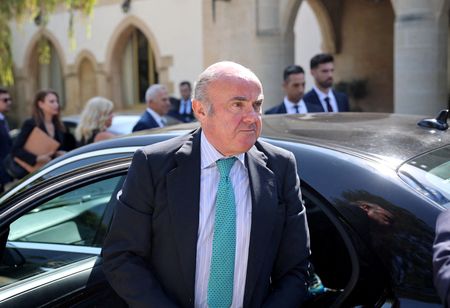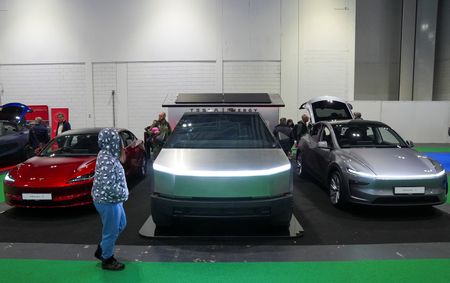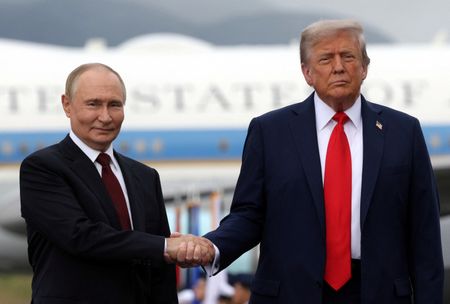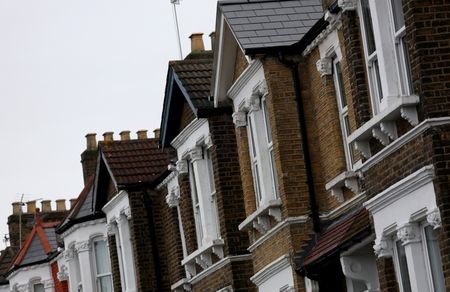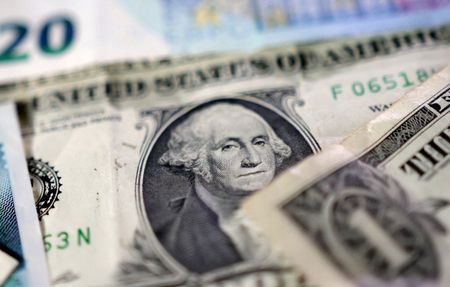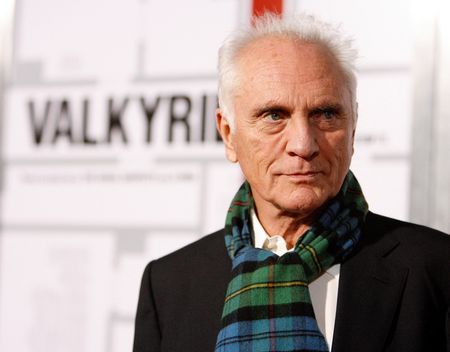FRANKFURT (Reuters) -A trade war with the United States could extinguish the euro zone’s fledgling recovery and the bloc could struggle under tariffs, uncertainty and waning confidence, two European Central Bank policymakers warned on Monday.
The euro zone economy is seen as having expanded by a modest 0.2% in the first quarter and policymakers have long predicted a recovery, which is now seen on hold, with risks skewed towards more negative outcomes.
“Risks have intensified amid exceptional uncertainty, largely related to trade,” ECB Vice President Luis de Guindos told European lawmakers in a hearing.
He said exporters were now facing new barriers, uncertainty may weigh on business investment and consumers could also become more cautious.
Finnish central bank chief Olli Rehn told a financial seminar that many of the negative risks the ECB had listed in the past had materialised.
“The trade war and the enormous uncertainty it brings are now holding back growth,” Rehn said. “Some of the downside risks foreseen in the ECB’s March projections have already materialised, and as a result, the growth outlook has further weakened.”
While neither advocated policy easing in response, Rehn said that rates could come down if inflation was set to fall below the ECB’s target.
That could happen, however, and both Rehn and de Guindos said a trade war could weigh on prices and slow inflation, which is already nearing the ECB’s 2% target.
Trade barriers slow growth and have already lowered energy prices and pushed up the value of the euro, creating a drag for prices. Also, China could dump on the euro area some its products shut out of the United States, lowering inflation further.
“I find it reasonable to assume that there are downside risks to the inflation outlook in the ECB’s March projections,” Rehn said.
De Guindos took a more measured view on inflation, saying it was now set to hover around the bank’s 2% target.
However, that is also a nuanced shift in the bank’s earlier view, which was that disinflation was on track and price growth would hit the ECB’s target later this year.
(Reporting by Balazs Koranyi, Editing by Tomasz Janowski and Timothy Heritage)

